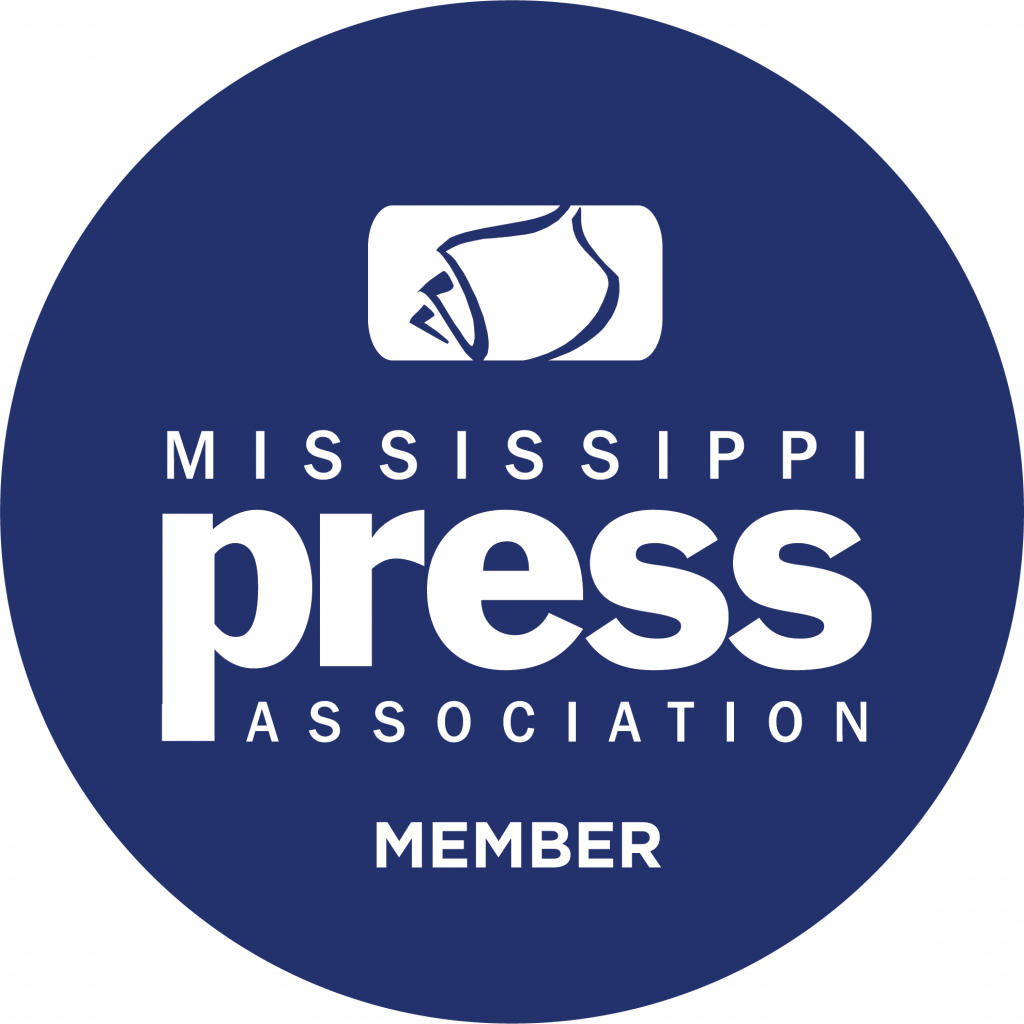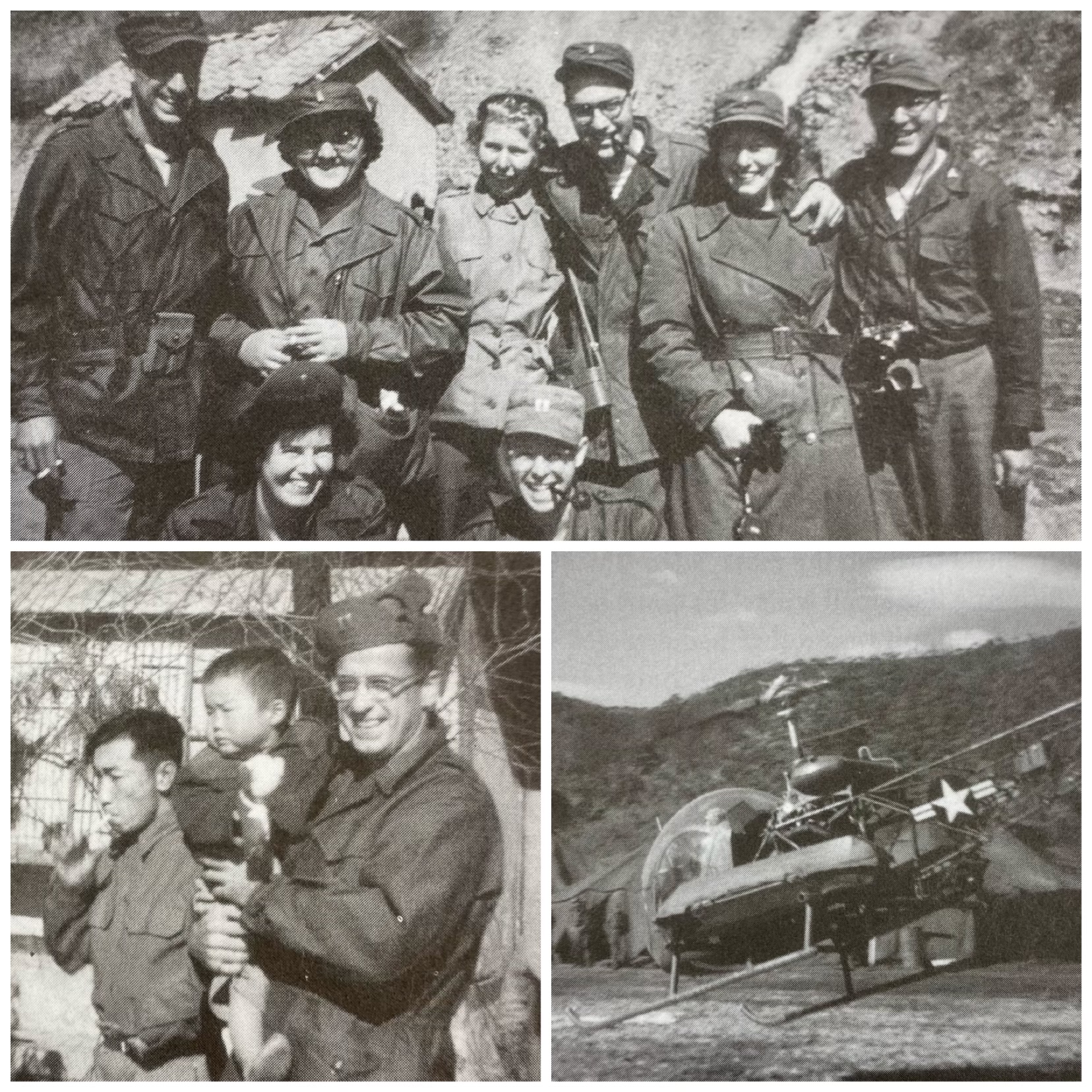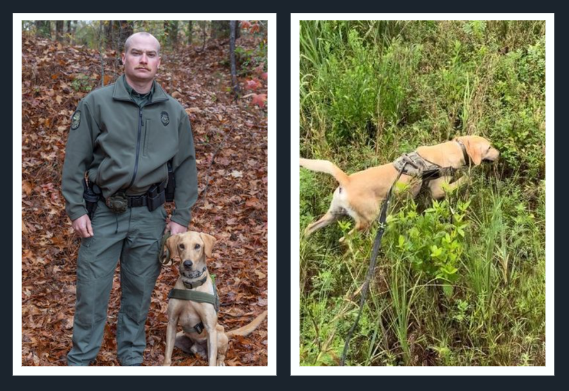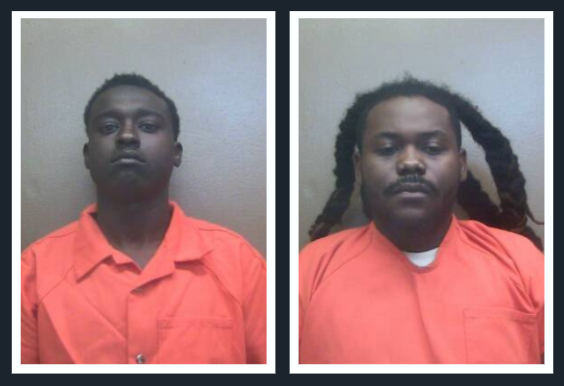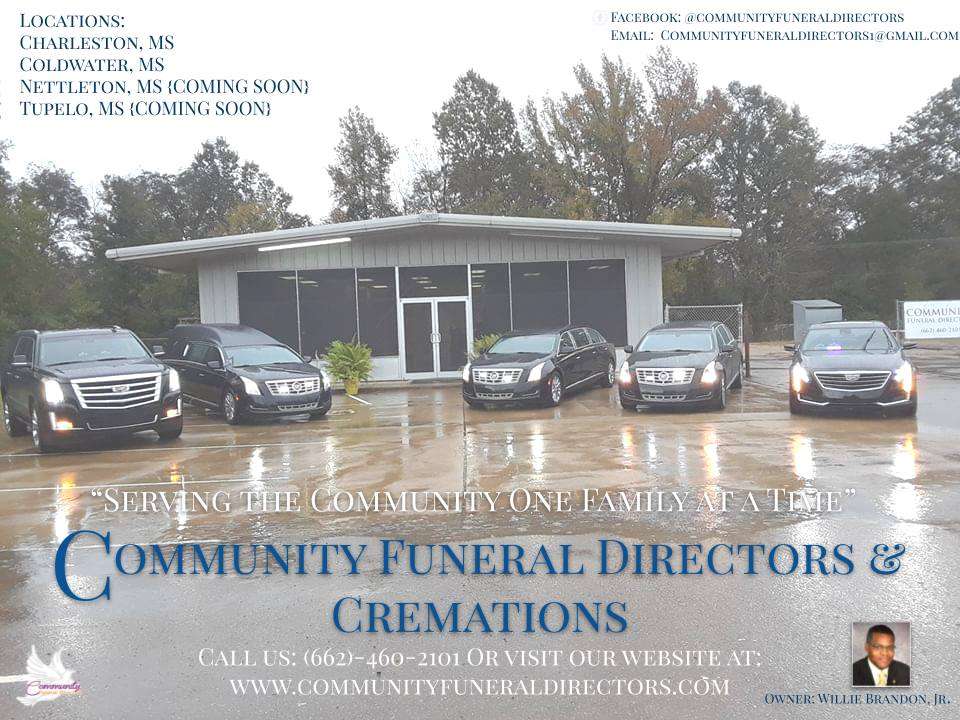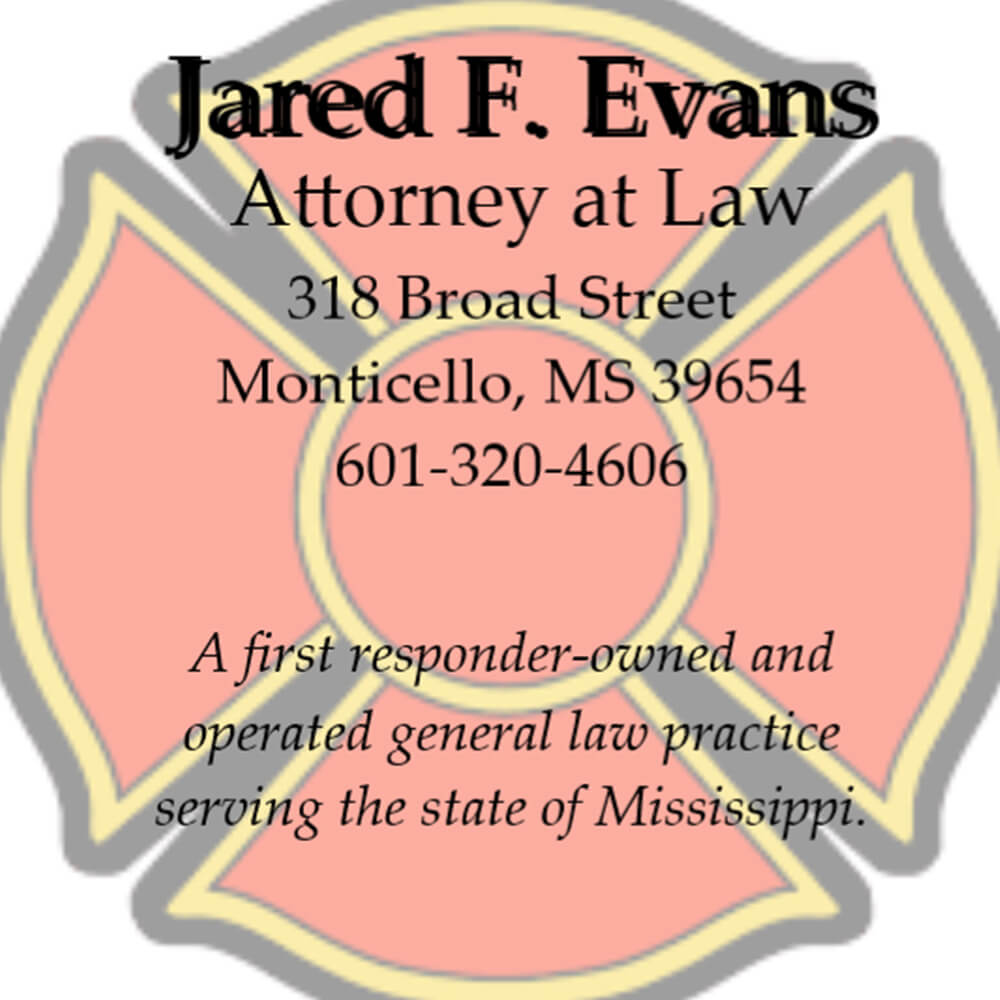A reflection on Veteran’s Day, taken from the book MASH: An Army Surgeon in Korea, written by Otto F. Apel Jr., MD and Pat Apel, PhD. A warning: some of the images described below by Dr. Apel might be considered graphic. We have decided to include the excerpt in full. Our thanks to all who have served, from the team here at Darkhorse Press.
(Story continues below the photo)

“…But like all aspects of war, with time we relegate the misery to the far side of our memories, and we glorify the mythical, the heroic, the things that justify the loss and the pain of conflict. That is the only way we can fight the next war. We forget the human consequences.
In the MASH we saw the human consequences. I have found an old letter to my wife that I wrote on October 24, 1951, during the battle of Heartbreak Ridge. As I wrote to my wife, I gave words to my thoughts during the battle, before the reality of the human misery was but a lost memory.
‘It has finally quieted down. What a rat race. I had no idea I could get sick and tired of surgery, but honestly I don’t care if I ever even see an operation again, at this point. This sort of thing makes one so physically and emotionally tired that it really defies description. It makes strong men break down and cry to see these boys come in caked with mud and blood, bled white under it all, all of them in shock of one type or other, saying nothing, asking nothing, and not one out of a hundred complaining about anything. They just lie there and say “Yes, Sir” or “No, Sir” or “Thank you, Sir” until you want to tell them to yell or cry or do anything but just lie there. God never has before nor ever will again make anything to equal the G.I. They are so wonderful it makes a lump in your throat every time you look at them.
I wish every last person in Washington could be compelled to walk through our hospital during a push to see just what these poor guys are going through. But instead they sit back and listen to the stories of the heroes on the front lines taking a whole hill single handedly and telling others what a wonderful thing they have done stopping the Reds in Korea. No one knows what war is until they have seen these hospital tents filled to overflowing with G.I.’s. All our tents were so full that only one person at a time could walk down the aisles and then we had to put up another tent, put patients in X-ray tent, all the connecting passageways and the Registrar’s office—any place where there was just a tent overhead was filled. With all the massive injuries we had relatively few deaths among those who reached us. Out of approximately 1519 patients seen during this push only 8 or ten died, that is, at our hospital before evacuation. I could go on and on but enough for this time.'”
